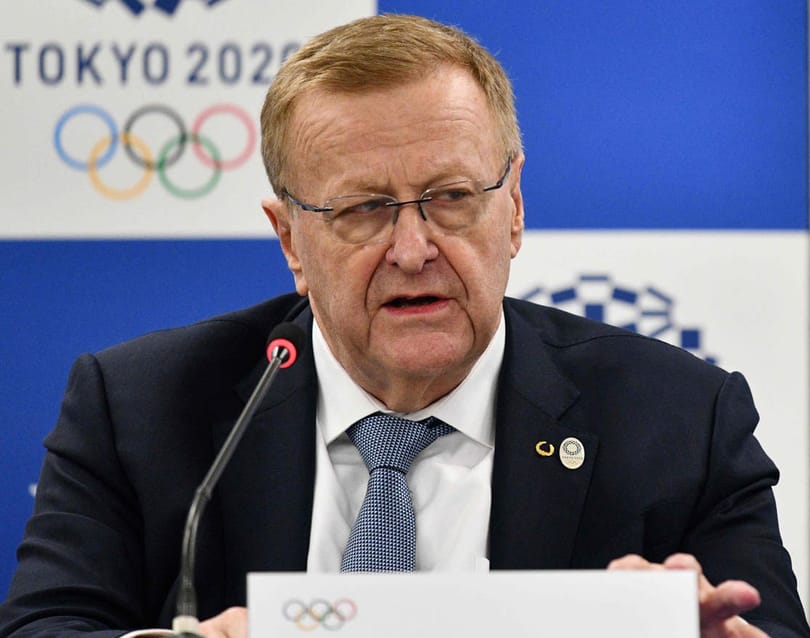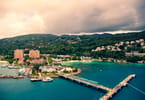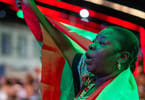- As many as 80 percent of the Japanese public are opposed to the Olympics commencing on July 23
- IOC won’t consider a second postponement, or even cancelation of the Games
- Only about 5% of Japan’s over 35 million elderly people have received a first dose of vaccine as of yet
With a daily average of almost 5,500 new COVID-19 cases being currently reported in Japan, some serious concerns have been raised in recent weeks about the wisdom of holding the Olympic event in Tokyo, which remains one of the nine Japanese prefectures that have declared a state of emergency until at least May 31.
ka Komite 'Olumepika'Āina (IOC) announced that this summer’s delayed Olympic Games will proceed as planned, despite the Japanese capital city currently being in a state of emergency and growing opposition from the country’s residents.
According to the recent polls, as many as 80 percent of the Japanese public are opposed to the Olympics commencing on July 23. But the IOC is standing firm and says it won’t consider a second postponement, or even cancelation of the Games.
“We’ve successfully seen five sports hold their test events during the state of emergency,” said IOC vice-president John Coates.
“All of the plans that we have in place to protect the safety and security of athletes and the people of Japan are based around the worst possible circumstances, so the answer [if the Olympics can proceed in a state of emergency] is absolutely yes.
“The advice we have got from the World Health Organization and all of the scientific advice is that all the measures we have outlined in the playbook, all those measures are satisfactory to ensure a safe and secure Games in terms of health, and that’s whether there is a state of emergency or not.”
Referencing the spate of public opposition to holding the event against the collective will of the Japanese public, Coates said that the increase in vaccinations between now and July will go a long way to putting the public’s mind at ease.
He aha e lawe ʻia mai kēia ʻatikala:
- “The advice we have got from the World Health Organization and all of the scientific advice is that all the measures we have outlined in the playbook, all those measures are satisfactory to ensure a safe and secure Games in terms of health, and that’s whether there is a state of emergency or not.
- “All of the plans that we have in place to protect the safety and security of athletes and the people of Japan are based around the worst possible circumstances, so the answer [if the Olympics can proceed in a state of emergency] is absolutely yes.
- With a daily average of almost 5,500 new COVID-19 cases being currently reported in Japan, some serious concerns have been raised in recent weeks about the wisdom of holding the Olympic event in Tokyo, which remains one of the nine Japanese prefectures that have declared a state of emergency until at least May 31.























